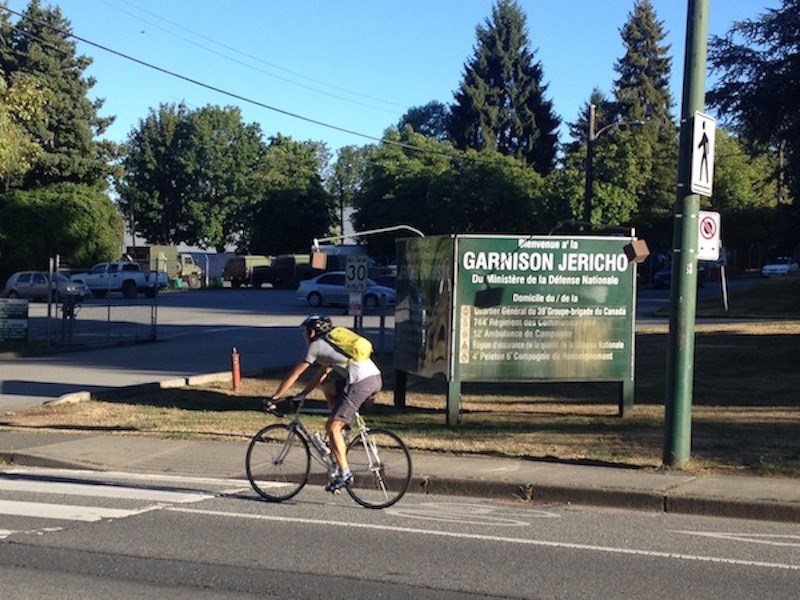At a sale price of more than $12.3 million per acre, it appears unlikely that affordable housing will be built on the last parcel of the Jericho lands in Vancouver’s Point Grey.
Three British Columbia First Nations signed a deal April 8 to acquire the provincial lands for $480 million, making them the owners and developers of arguably the most valuable real estate in the country.
The agreement involves the province transferring two parcels totalling 38.8 acres of ocean-view land overlooking Jericho Beach in West Point Grey to the three First Nations. The deal will bring the total area of Jericho lands owned by the three First Nations to over 90 acres. In October 2014, the three First Nations acquired 52 acres of federal Jericho land from the federal government in a deal worth $237 million, or about $4.5 million per acre.
The three First Nations plan to hold the land in fee simple and develop the property after an extensive public consultation process. The development process will be subject to a City of Vancouver rezoning and development process and will focus on residential. But the high price may not equate to any low-cost homes. “I don’t want land that we paid prime dollars for to be used as affordable housing land,” said Musqueam Chief Wayne Sparrow.
Squamish Nation Chief Ian Campbell described the deal as a historic and emotional homecoming for the three First Nations.
The lands are the site of a former native village and were “confiscated from us in the early 1900s,” he said. “That was not with our consent or with compensation.”
Campbell said the First Nations don’t have a preconceived idea of what future development on the Jericho lands might look like, and will work with the City of Vancouver over the next two or three years to create a vision for the area.
“We definitely recognize the value of these lands in a global context,” he said, adding he hopes the eventual development will highlight elements of Salish culture and history.
Campbell said the First Nations don’t yet have a development partner but will come up with a process for identifying and choosing potential partners for the project.?? He said the deal =marks the culmination of “generations of effort to get to where we are today.” Formal discussions with the province began just over a year ago, he said. “It’s been a very accelerated time frame.”



